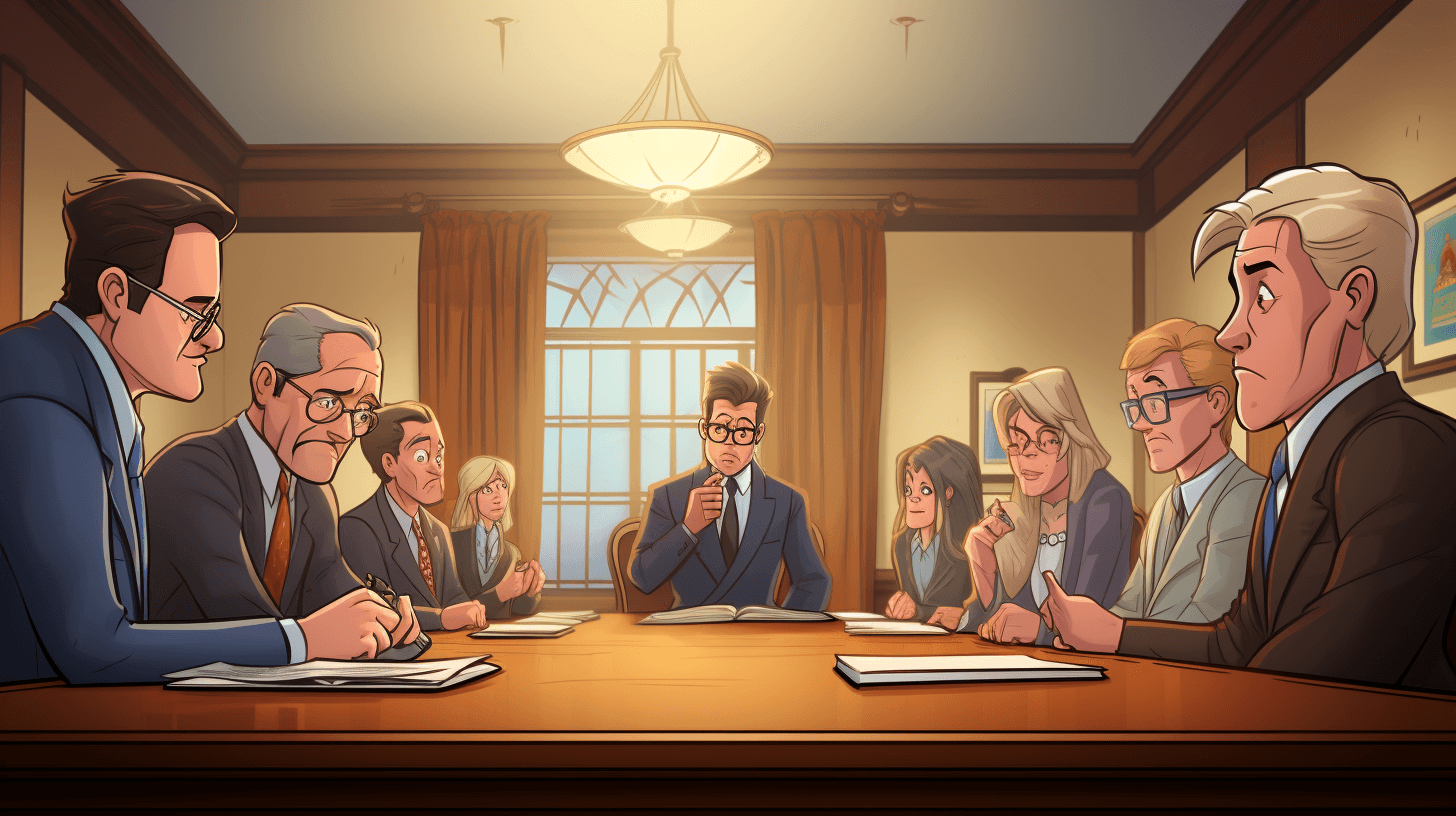September 18, 2025

Most people picture trials when they think of the justice system: lawyers in court, witnesses testifying, and juries deciding guilt or innocence. But before many criminal cases ever reach trial, they must first pass through a crucial stage: the grand jury.
Grand juries sit at the intersection of investigation and prosecution. Unlike regular juries that deliver verdicts, grand juries decide whether there is enough evidence to charge someone with a serious crime. Their decisions — indictments or dismissals — set the stage for what follows in The Legal Side of a Trial, and eventually The Legal Side of a Verdict and The Legal Side of a Sentence.
Understanding the legal side of a grand jury means appreciating how these proceedings differ from trials, what rights apply, and how skilled legal representation can influence outcomes.
A grand jury is a body of citizens convened to investigate potential criminal conduct and decide whether charges should be filed. Unlike trial juries:
If they vote to indict, the case proceeds toward trial. If not, the prosecution may drop charges or gather more evidence.
This secrecy and asymmetry make grand juries controversial, yet central to American criminal law.
This process lays the groundwork for what comes next in The Legal Side of a Trial.
Though defendants have fewer rights in grand juries than at trial, some protections apply:
Yet the imbalance of power in grand juries underscores why skilled defense counsel is essential even before indictment.
These criticisms often spark calls for reform, especially when grand jury decisions are seen as unjust.
Defense attorneys prepare clients who may be called to testify, negotiate with prosecutors, and protect rights during questioning. They also:
A strong defense at the grand jury stage can sometimes prevent cases from reaching trial — avoiding the risks explored in The Legal Side of a Verdict and The Legal Side of a Sentence.
Grand juries often play pivotal roles in high-profile criminal cases. Their secrecy both protects investigations and fuels public speculation. Media coverage may focus on the eventual trial, but the grand jury stage often decides whether a case will ever reach that point.
For businesses, similar stakes exist. Corporate investigations, such as those described in The Business Law Firm Difference in Corporate Litigation, may hinge on grand jury proceedings before civil or criminal liability is determined.
If a grand jury indicts, the case proceeds toward arraignment and trial — the subject of The Legal Side of a Trial. From there, outcomes may involve The Legal Side of a Verdict, The Legal Side of a Sentence, and possible appeals in The Legal Side of an Appeal.
If no indictment is issued, the defendant may avoid trial altogether — a reminder of how pivotal this stage can be.
The grand jury stage often feels invisible to the public, but for defendants and businesses under investigation, it may be the most important phase. Choosing the right firm ensures:
As with trials, sentencing, and appeals, expertise, communication, and a proven track record matter. Why Communication Matters When Choosing a Law Firm and A Look at Our Verdicts and Settlements reinforce why trust and results are critical.
The legal side of a grand jury is the bridge between investigation and trial. While less public than courtroom battles, its impact is enormous. An indictment sets the path toward The Legal Side of a Trial, while a dismissal spares defendants from years of uncertainty and litigation.
Understanding grand juries means recognizing their unique rules, their challenges, and their role in the larger legal process. With skilled counsel, clients can navigate this hidden but decisive stage, protecting rights and shaping the journey that follows through trial, verdict, sentencing, appeals, parole, and even pardons.
Stay up to date with the latest tips, expert insights, product reviews, and step-by-step guides to help you grow, create, and succeed—no matter your industry or passion.